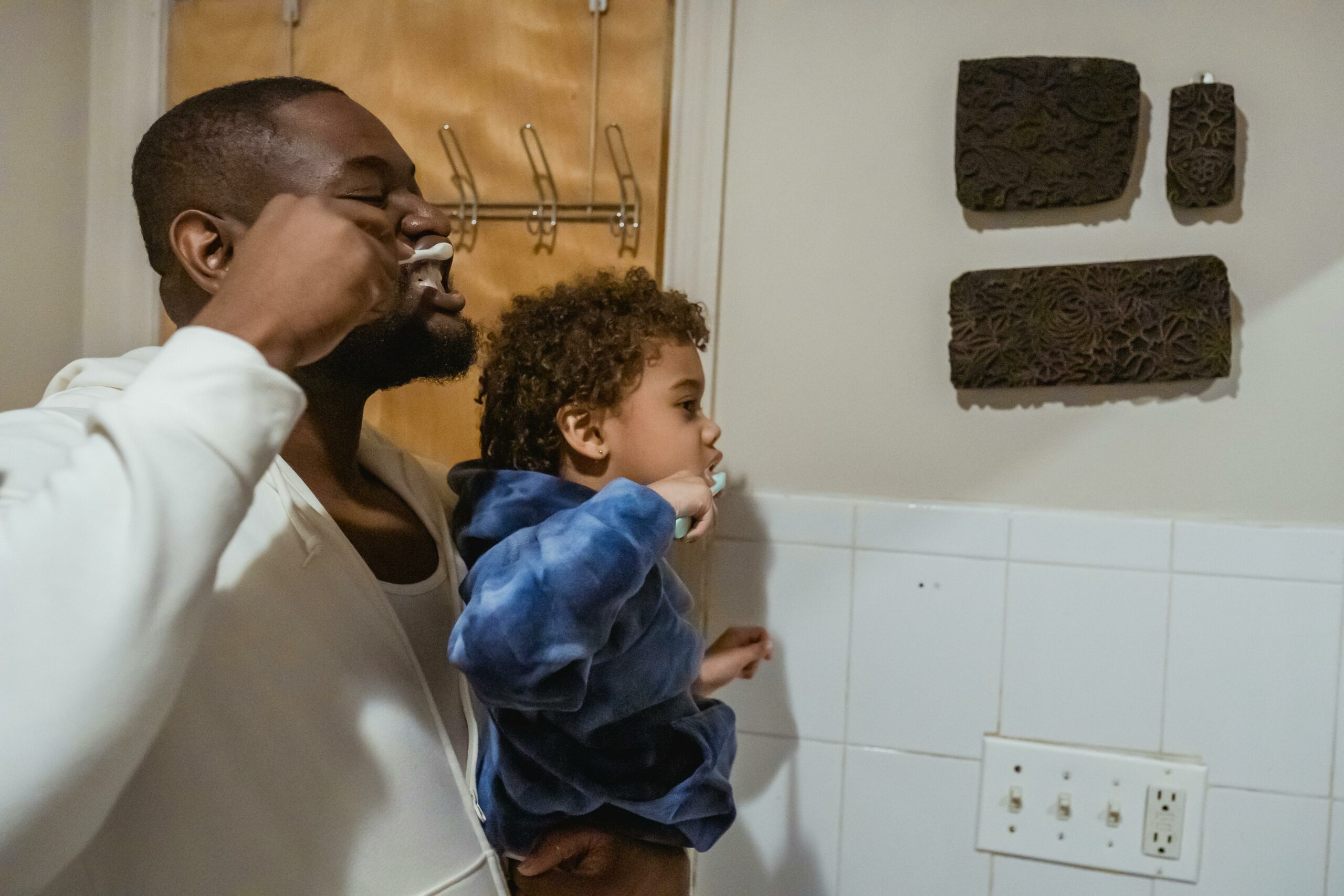Volunteer to help
The Gift of Your Time is Priceless.
Become a VolunteerWe serve in a community whose need will not go unmet because of our mission and vision and the mission of those who we collaborate and partner with; supported by the servant hearts of our volunteers.

It’s about our supporters, collaborators, volunteers, individuals, and families we have the privilege to serve with and to serve.
It’s not about our alcaides, it’s about everyone that has come together to provide so much to so many. Some we gratefully publicly acknowledge, many more we thank who choose to stay in the recesses giving and serving, preferring their anonymity.
Our goal, which is being fulfilled through you, is to meet the undermet and more often unmet need for hygiene products, and to alleviate the shame, desperation, and increased chance of illness and disease which often accompany Hygiene Poverty. To serve the underserved and unserved individuals and families in Racine County, expanding into Milwaukee and Kenosha Counties.
What is Hygiene Poverty?
“Hygiene is defined as a set of practices that are necessary to prevent the spread of disease and preserve health. People typically achieve this by maintaining the cleanliness of their body and the environment they live in. Hygiene is essential for staying healthy, as it reduces the chances of getting sick.” [1] Poverty “refers to the state or condition in which people or communities lack the financial resources and essentials for a minimum standard of living. As such, their basic human needs cannot be met.”[2]
“Improper hygiene can lead to various significant diseases. The Centers for Disease Control and Prevention describes common hygiene-related health conditions, including athlete’s foot, dental infection, lice, ringworm, and food poisoning. Some of these are linked to improperly cleaned clothing, bedding, and other household items. Others are caused by poor personal hygiene.”[3]
“Good personal hygiene involves keeping all parts of the external body clean and healthy. It is important for maintaining both physical and mental health. In people with poor personal hygiene, the body provides an ideal environment for germs to grow, leaving it vulnerable to infection. On a social level, people may avoid a person with poor personal hygiene, which may result in isolation and loneliness.”[4] “The main goal of personal hygiene is to improve or enhance personal standards of cleanliness, within people’s living conditions. Some of the personal hygiene practices include bathing, washing clothes, washing hands, proper use of the toilet, caring for the teeth, nails, feet, personal grooming, maintaining good practices when either spitting, sneezing, or coughing, and inculcating clean habits at a young age.”[5]
The need for the implementation of proper hygiene is paramount to our community members both physically and emotionally, but regrettably the need is unrecognized within our public service programs. “While there are many public programs—albeit underfunded ones—to help families obtain health care, food, and housing, there are none to help with hygiene products. (To add insult to injury, rather than being subsidized, these essential items are often taxed, when food, medicine, and other widely recognized necessities are not.) The programs most commonly used by low-wage earners to help pay at the grocery store—SNAP and WIC—do not cover hygiene supplies. We are not suggesting that they should. Those programs need much more robust funding simply to meet their original mandate of helping residents, particularly children and pregnant and nursing women, to get the food they need. We are pointing out that people who cannot afford everything from shampoo to baby wipes have no source of public help. We are also pointing out that this is a disaster.”[6] Sadly, “every month thousands of people across Wisconsin turn to 2-1-1 for information and support-whether financial, domestic, health or disaster-related”[7] but within all the categories for assistance no category exists for help with hygiene products. Not only is the need for hygiene products not recognized or funded within the public service programs, the need is unrecognized within philanthropists. There are no funding categories for hygiene products, and to date, funding requests for hygiene products rarely fit into the outlined scope of Health and Human Services or Social Services categories.
Since 2017, our Healthy Essentials Pantry program is the only program addressing the need of moderate and low-income families to obtain hygiene products for their entire household, adults, children, infants, and home on a regular basis. Products such as shampoo, deodorant, body wash, hand soap, hand sanitizer, toothpaste, baby bath/shampoo, baby wipes, dishwashing detergent, multi-purpose cleaner, disinfectant wipes, laundry detergent, toilet paper, paper towels, and trash bags.
In 2023 alone we served 1,129 families 15,205 hygiene products through our community hygiene giveaway events and our direct household goods requests. We saw a 42% increase in requests in the 4th quarter of 2023 compared to the 1st quarter of 2023. The need for hygiene products for our families can no longer go unrecognized, the need is great, and the demand is ever increasing. Because of your monetary support, collaboration, and volunteering, families in our communities are experiencing the positive effects a clean body has on their physical and mental health, and seeing the removal of social stigmas they faced because of improper hygiene. It’s not about what we’re doing alone, it’s about what we’re doing together.
Sources:
[1] https://study.com/academy/lesson/hygiene-definition-types-importance.html Updated: 10/03/2023
[2] What’s Poverty? Meaning, Causes, and How to Measure https://www.investopedia.com/terms/p/poverty.asp
[3] Fast Five Quiz: Hygiene-Related Diseases. Richard H. Sinert, DO. DISCLOSURES May 04, 2021 https://reference.medscape.com/viewarticle/950051?form=fpf
[4] Why is personal hygiene important? https://www.medicalnewstoday.com/articles/personal-hygiene Medically reviewed by Deborah Weatherspoon, Ph.D., MSN — By Hana Ames on May 20, 2020
[5] TYPES OF HYGIENE By: Humanitarian Global (HG), November 18, 2021 https://humanitarianglobal.com/types-of-hygiene/
[6] America’s Unspoken Hygiene Crisis
https://tcf.org/content/commentary/americas-unspoken-hygiene-crisis/
[7] https://211wisconsin.communityos.org/whatis211

Your inquiry can spark change. Reach out to bridge the gap in hygiene poverty.